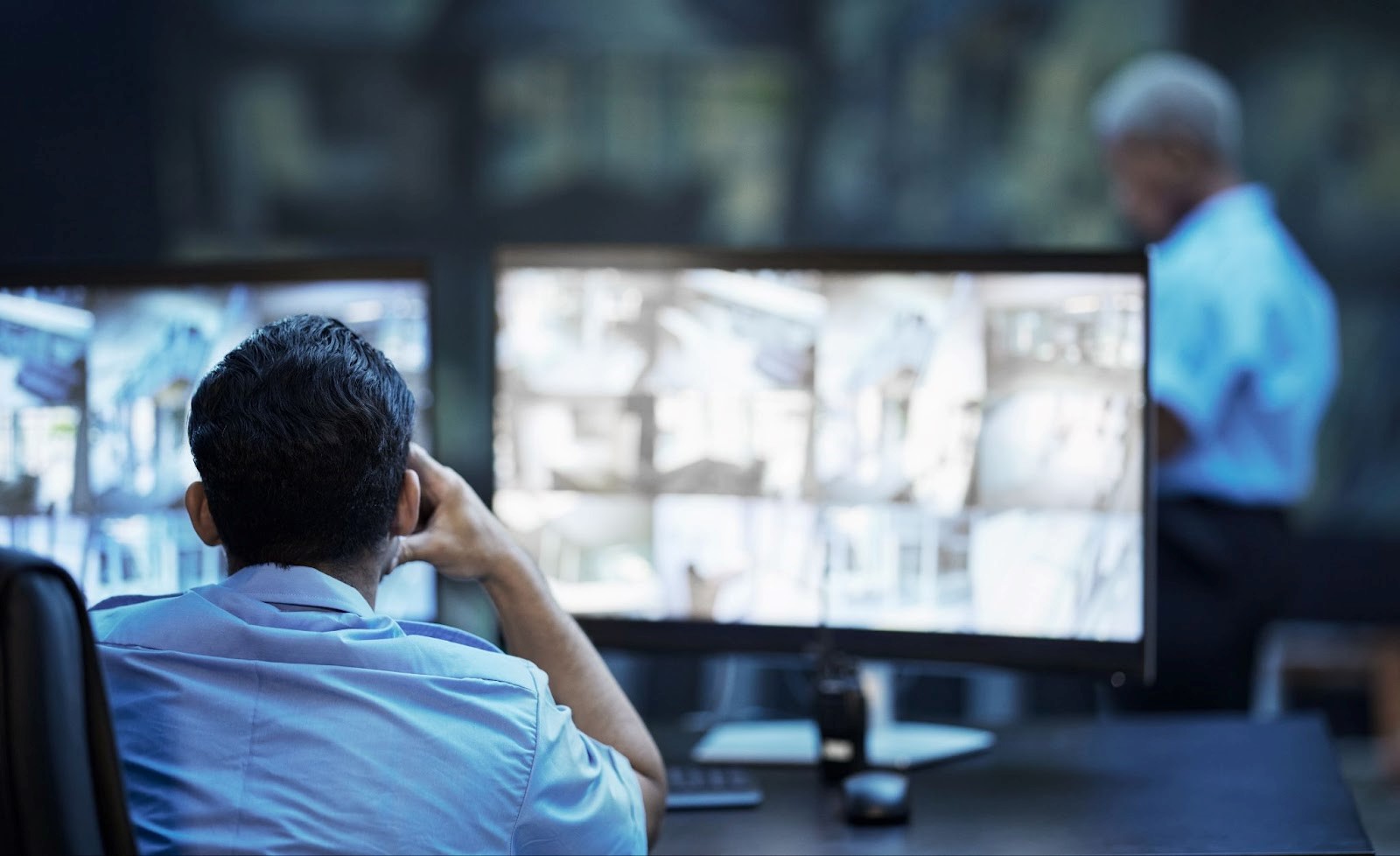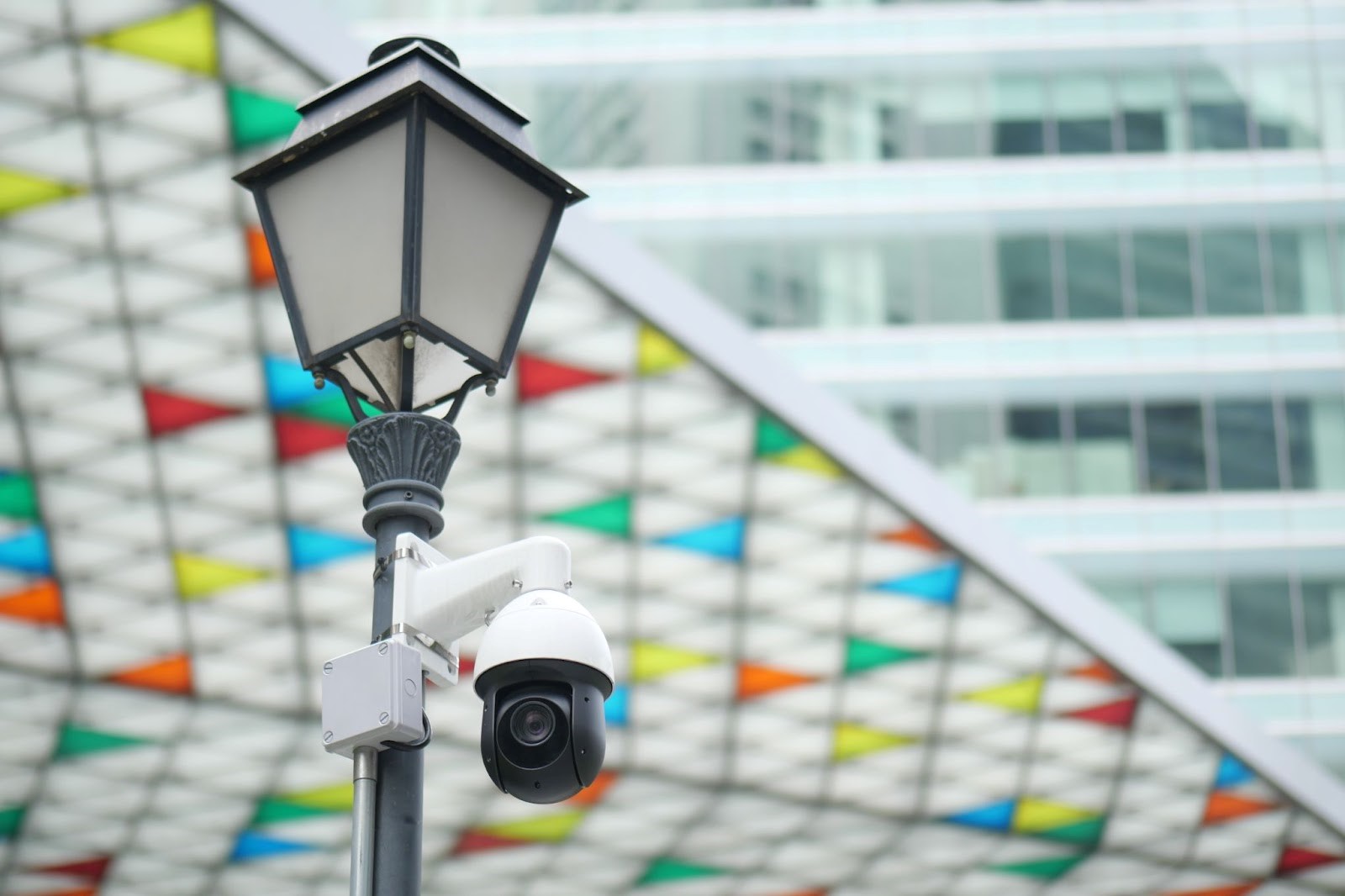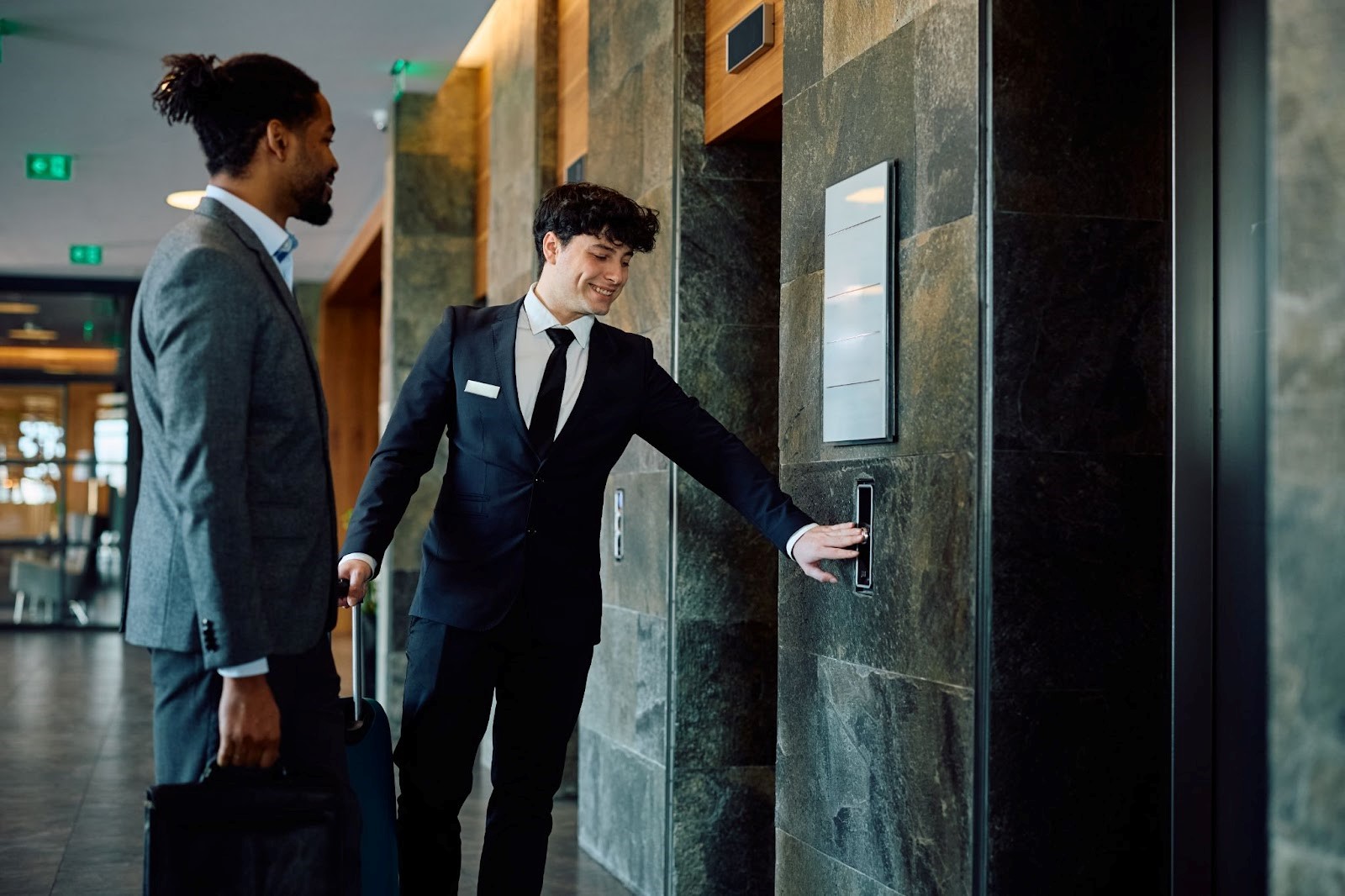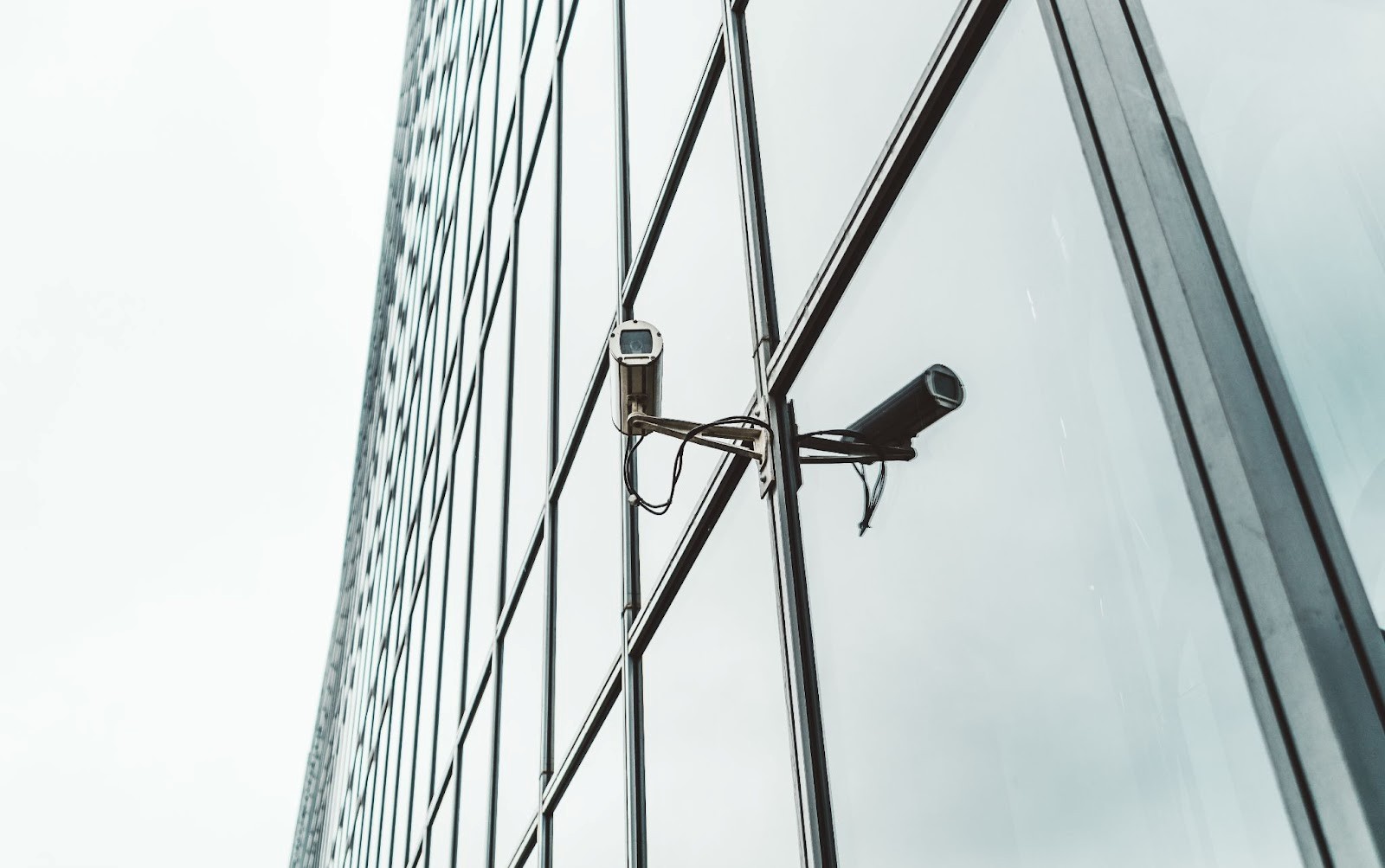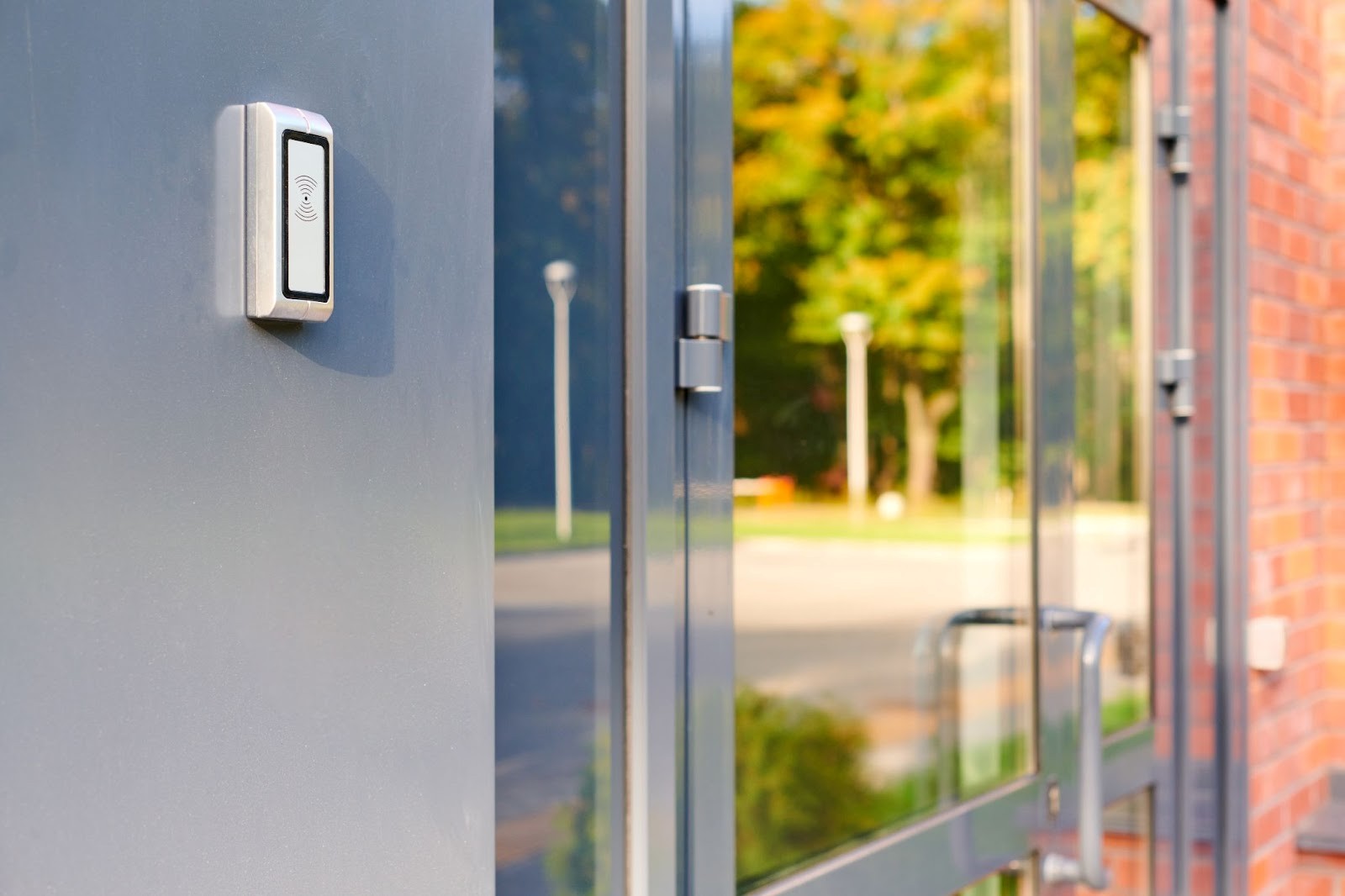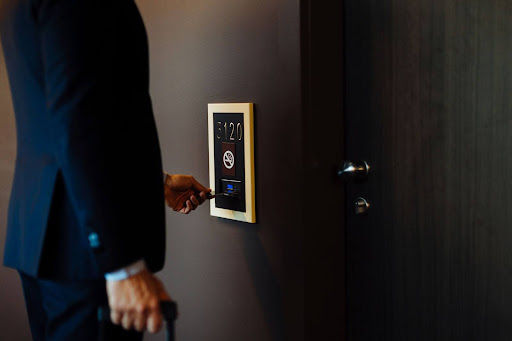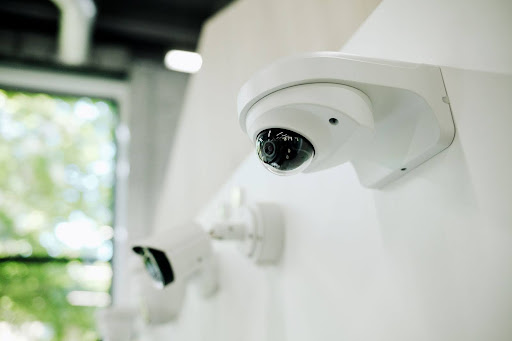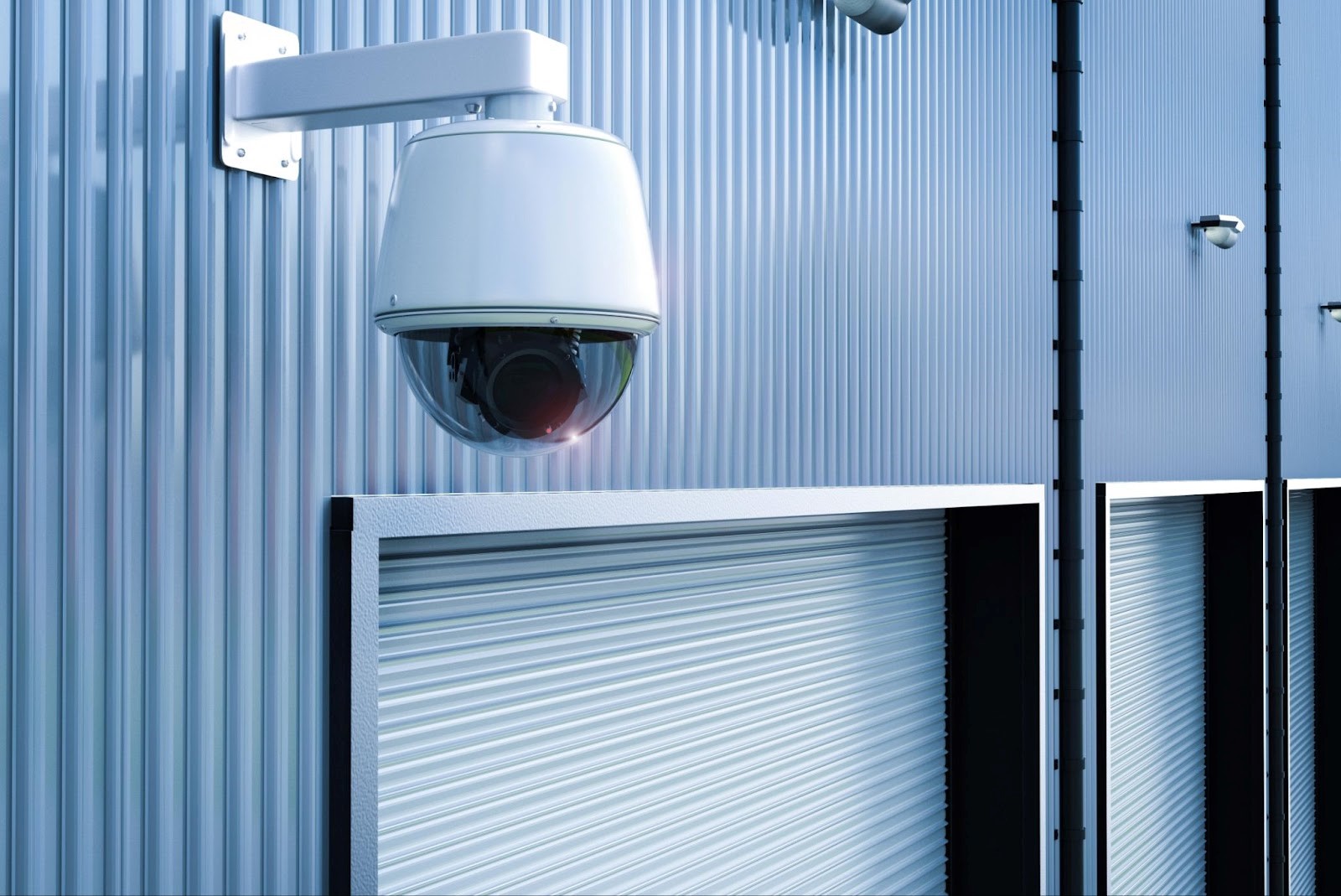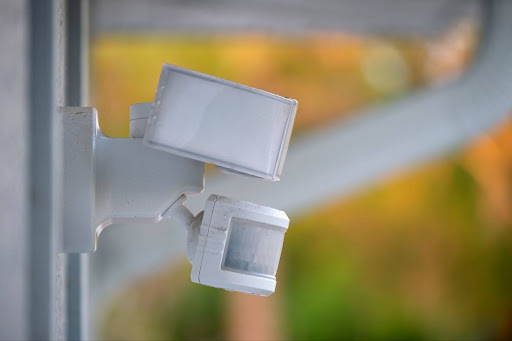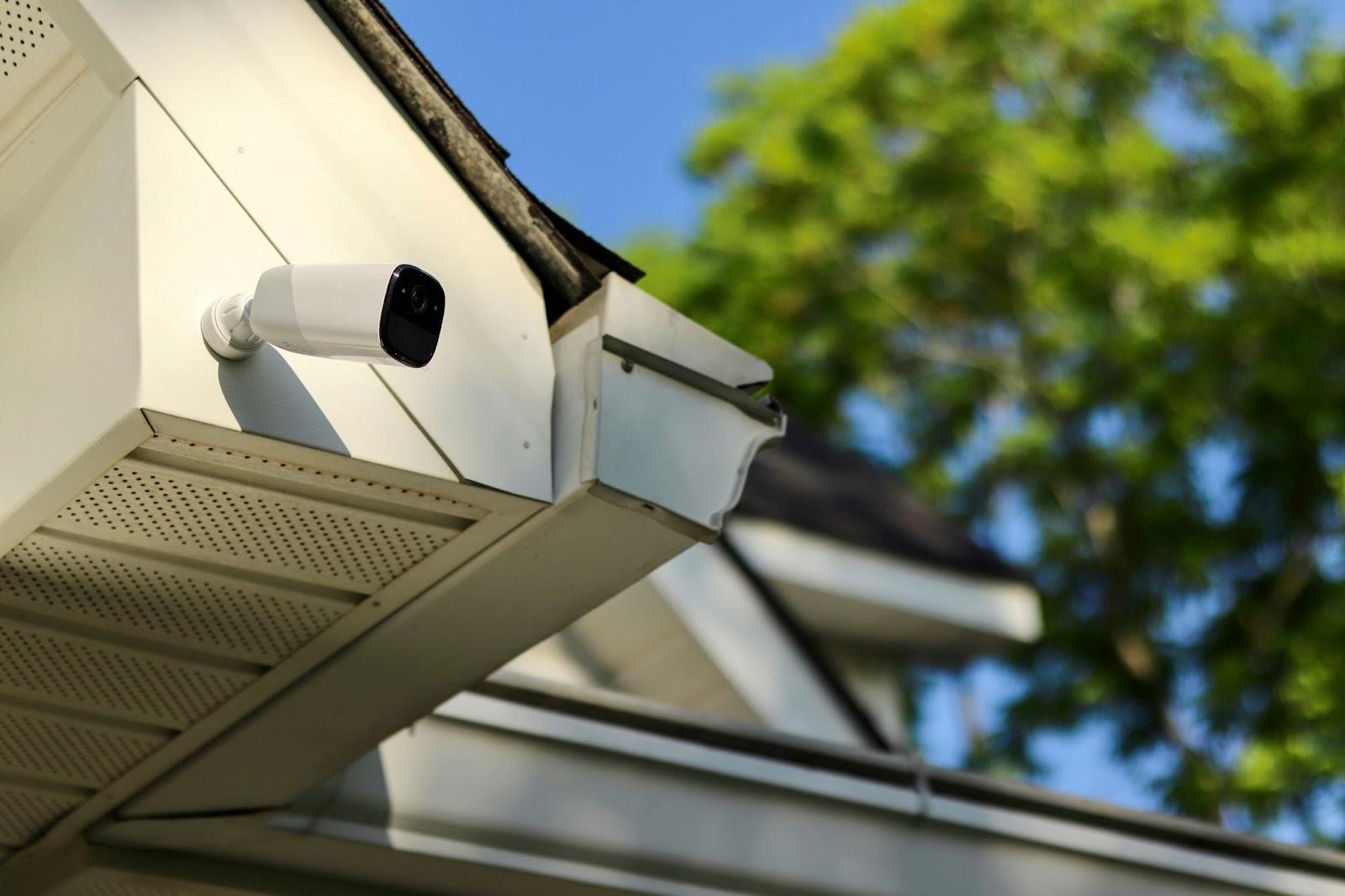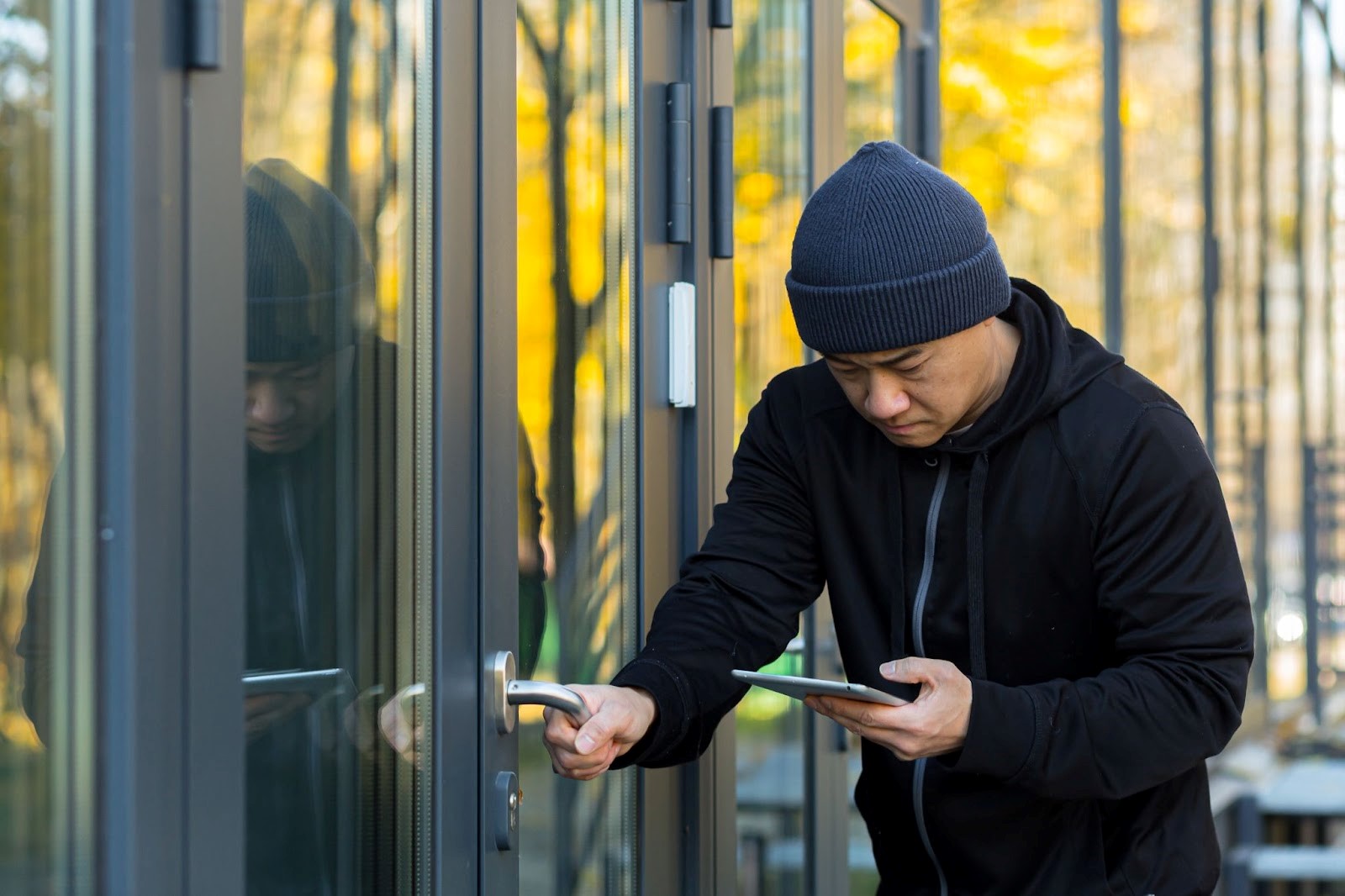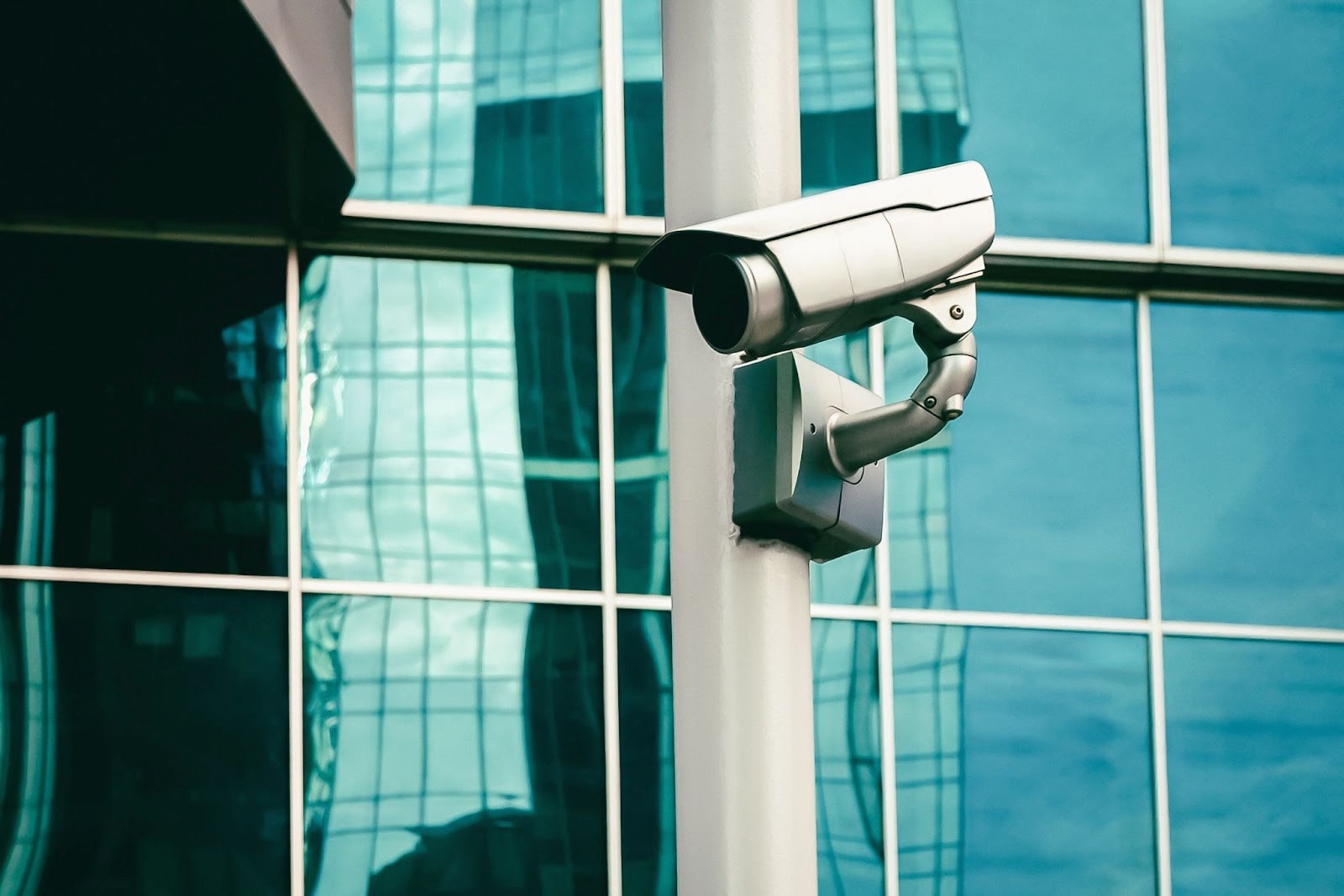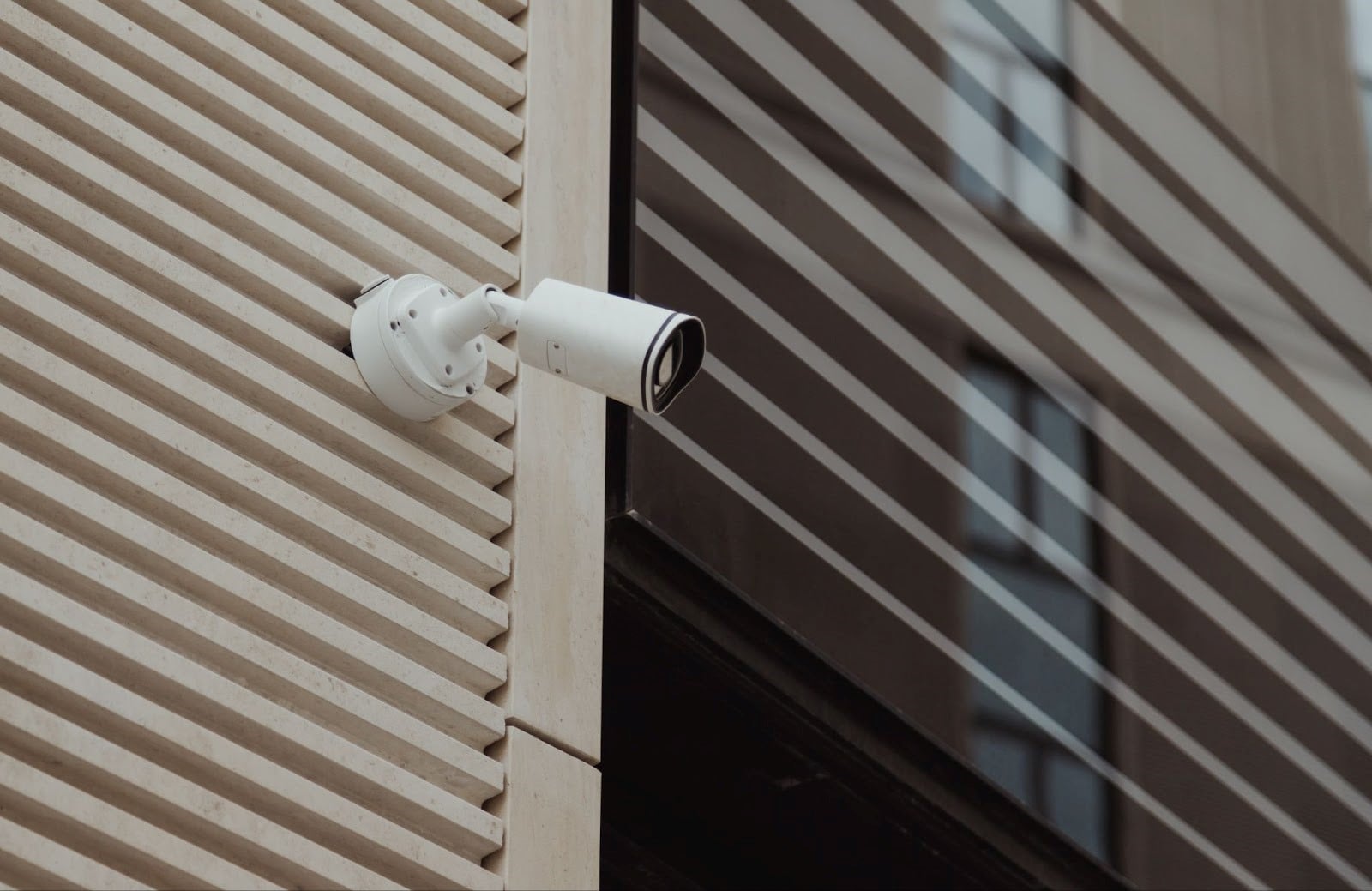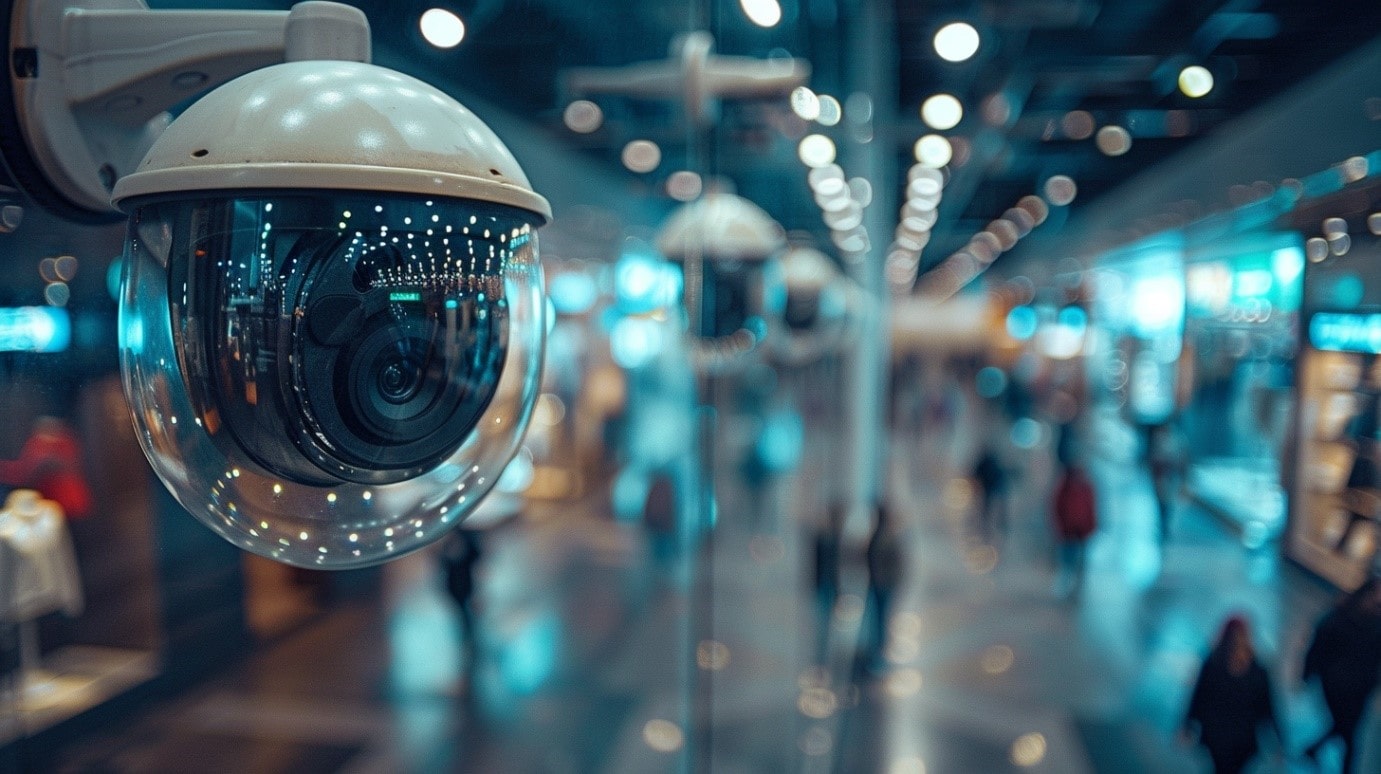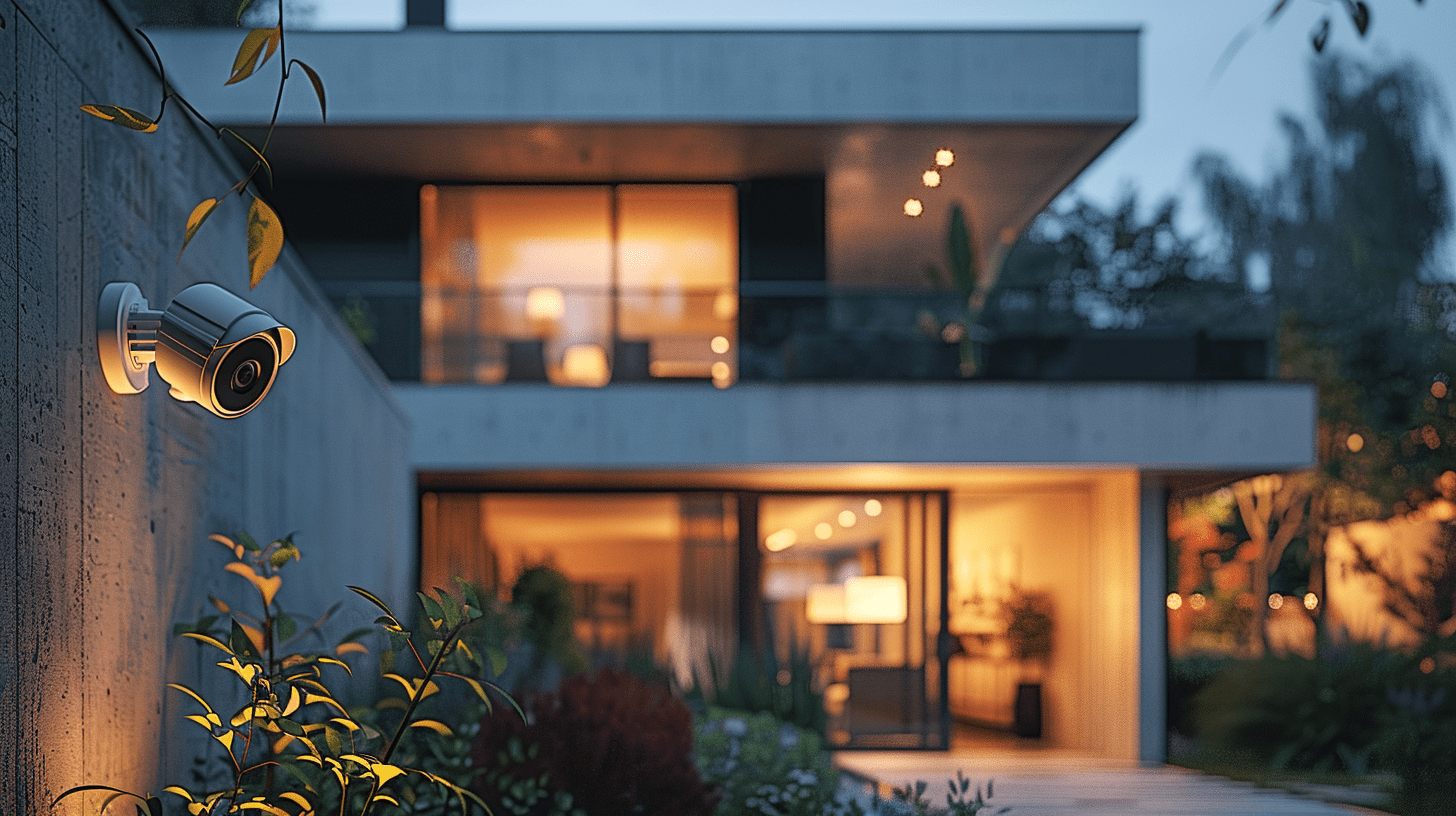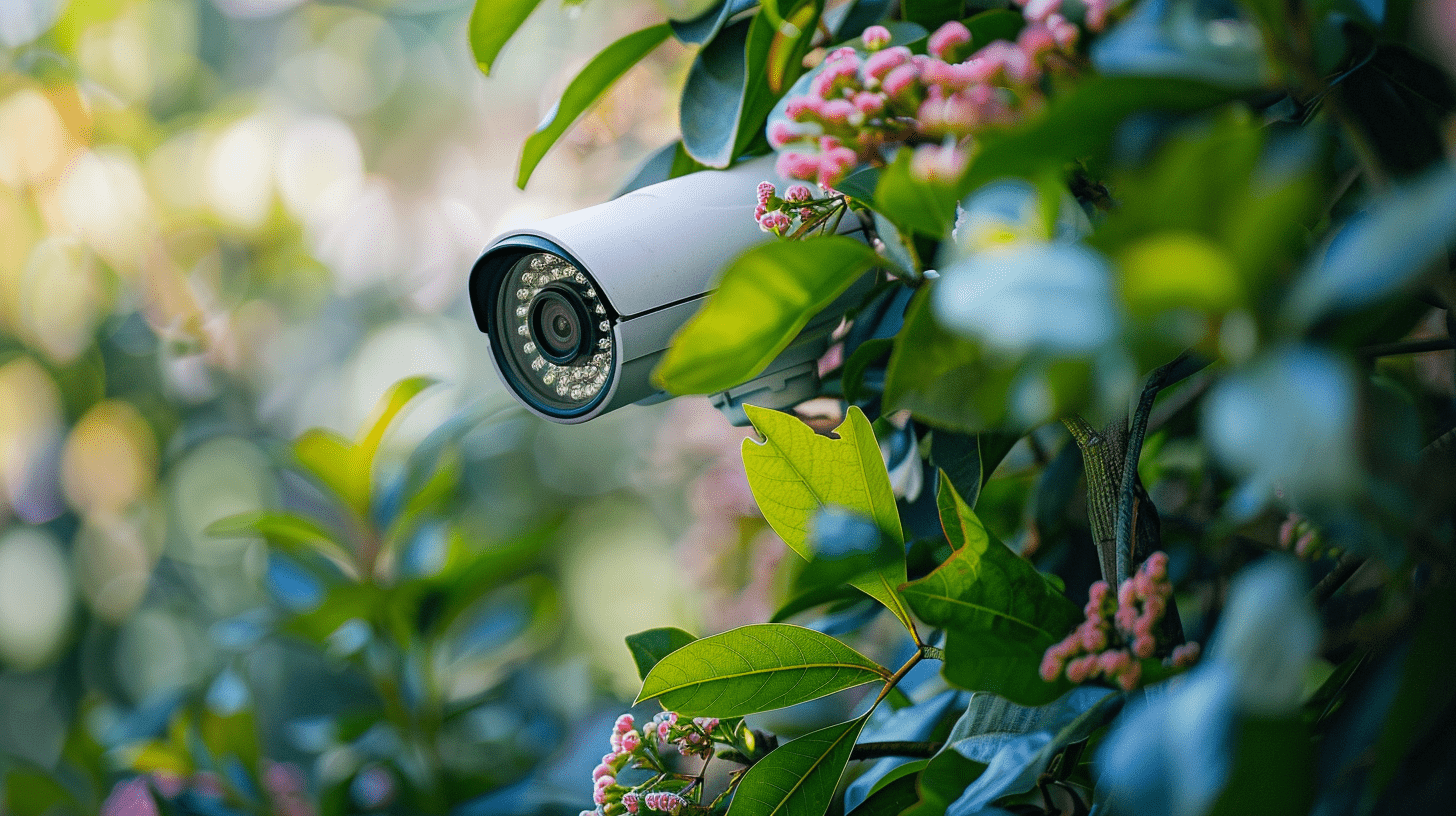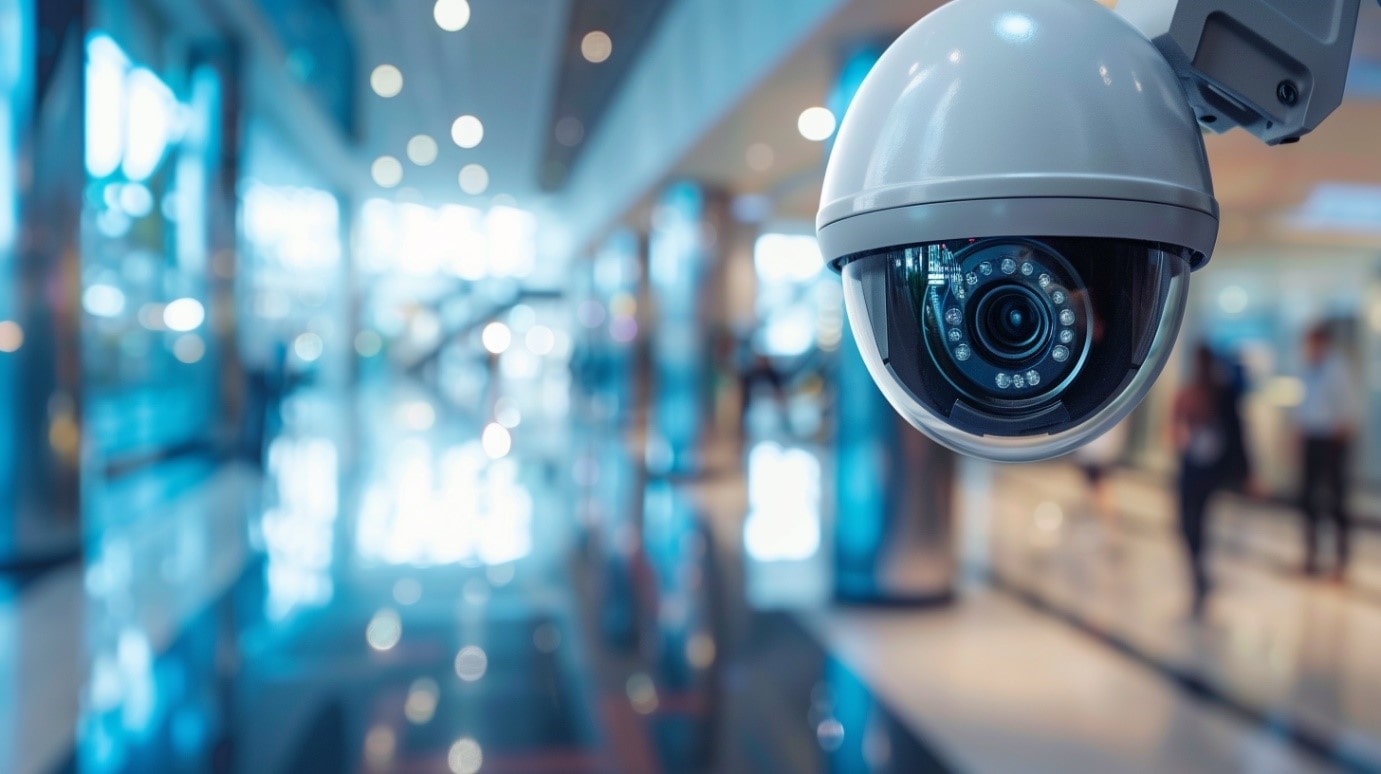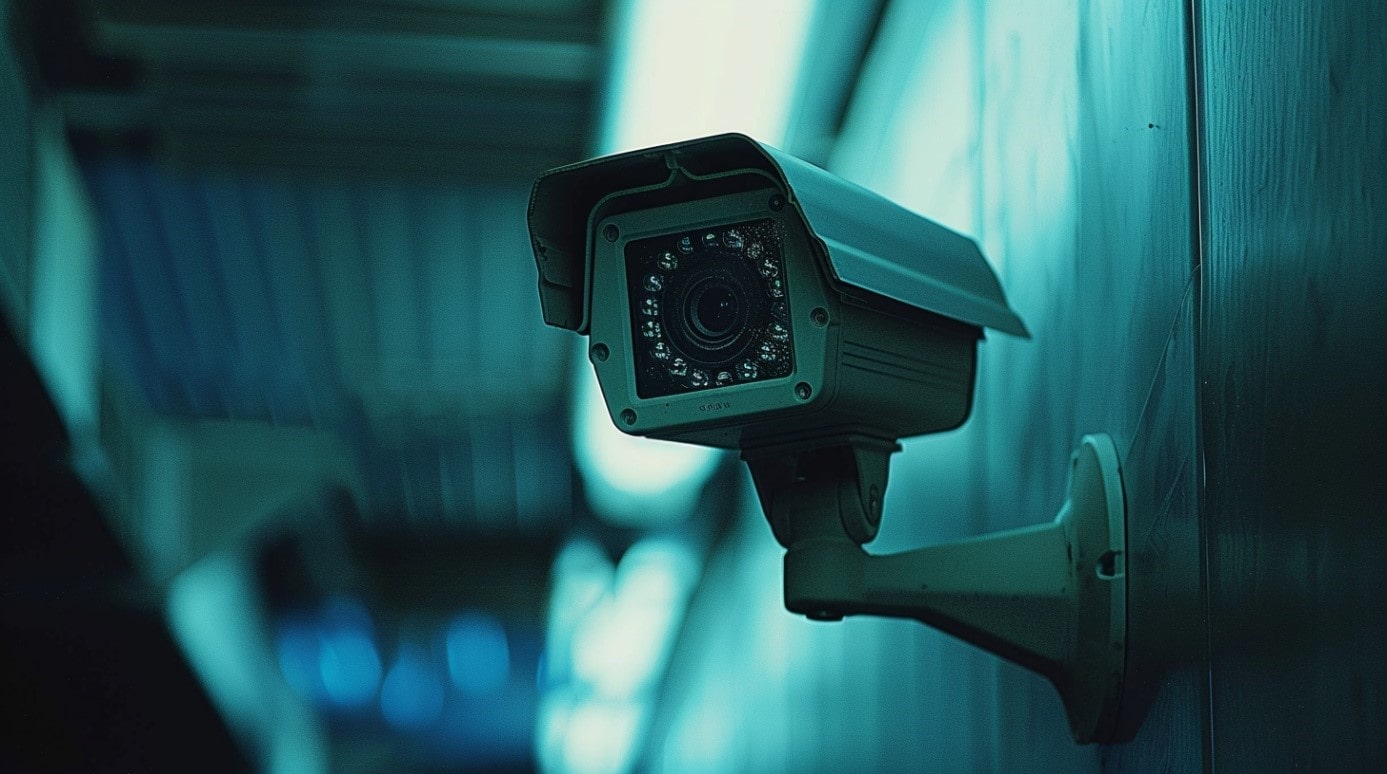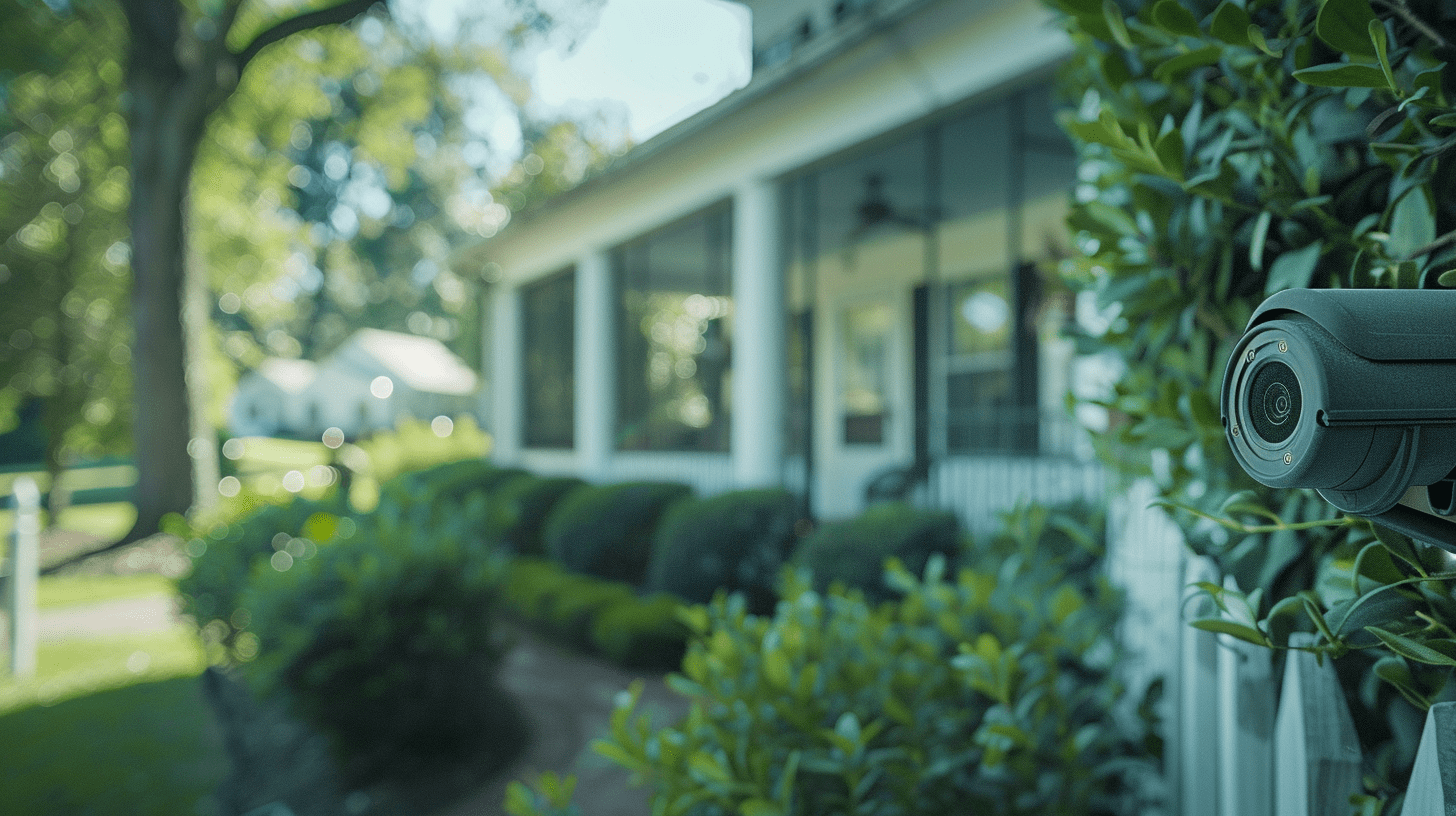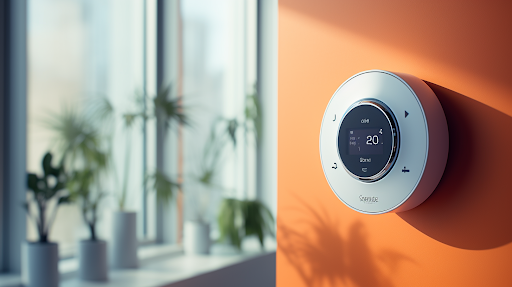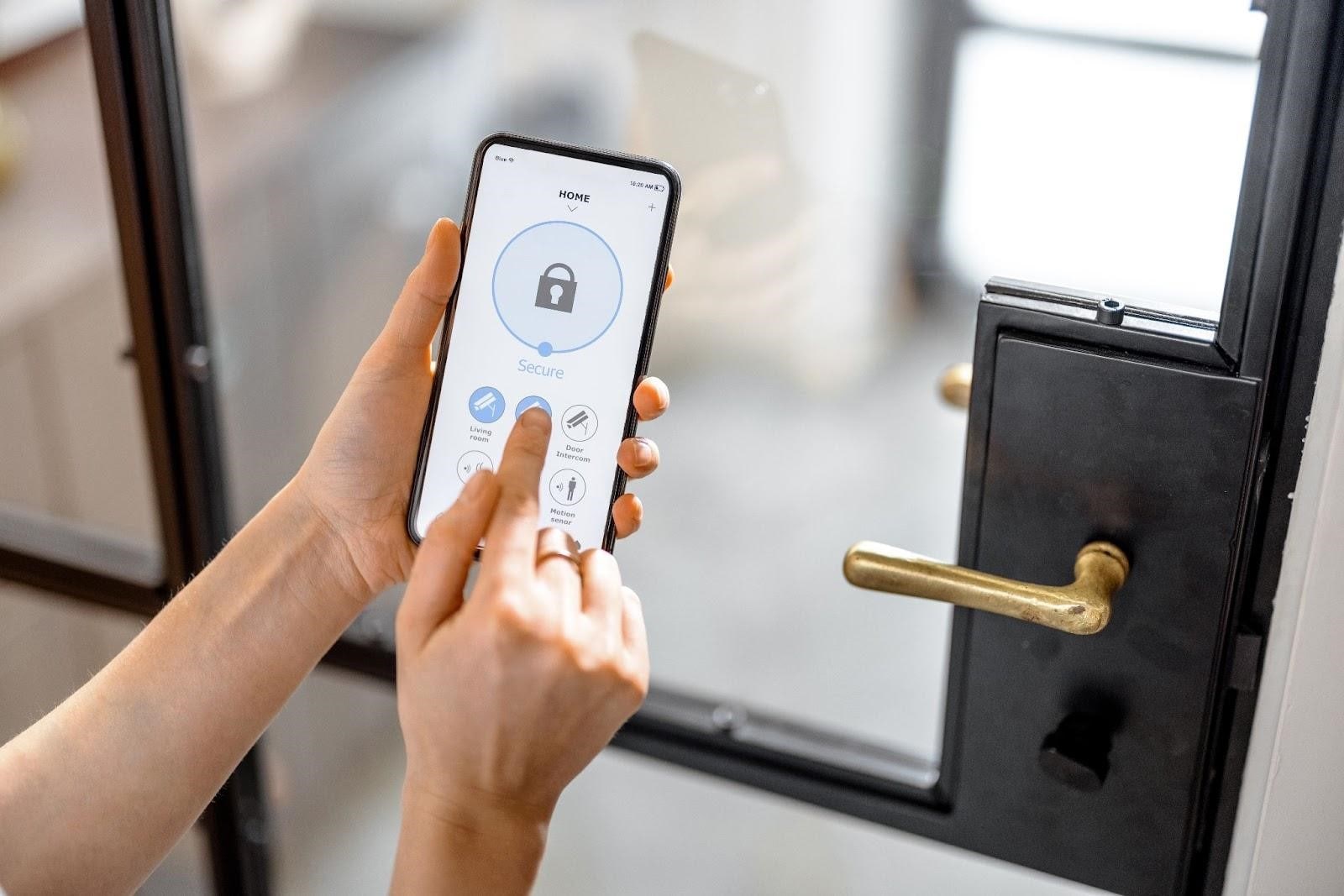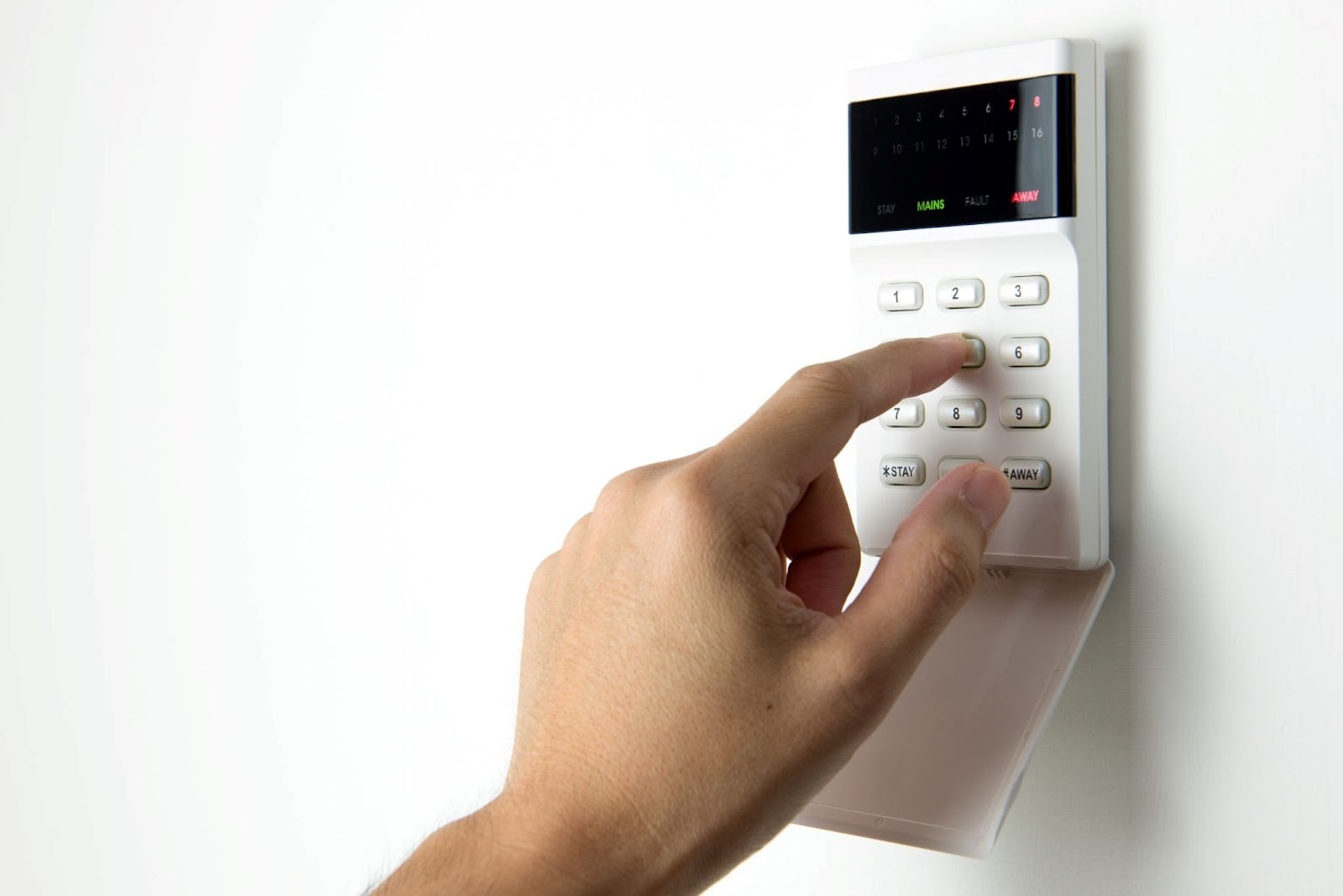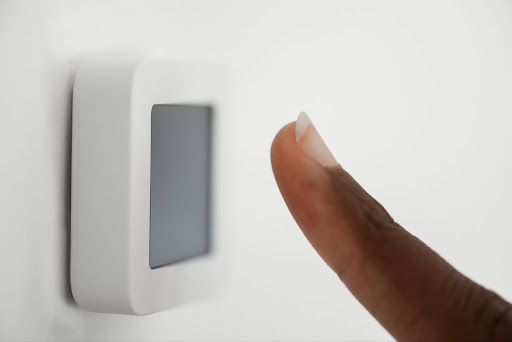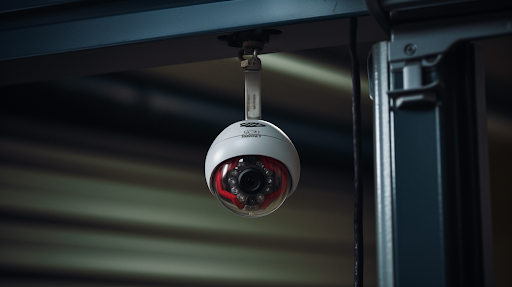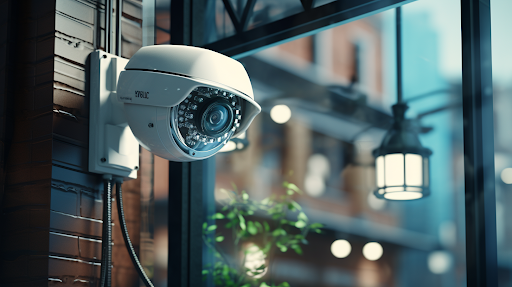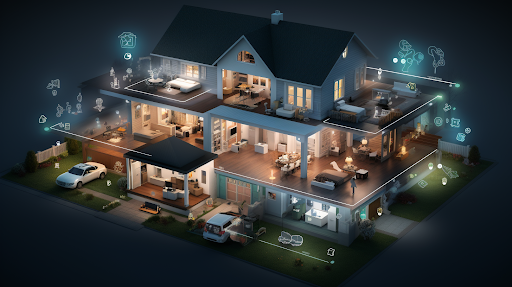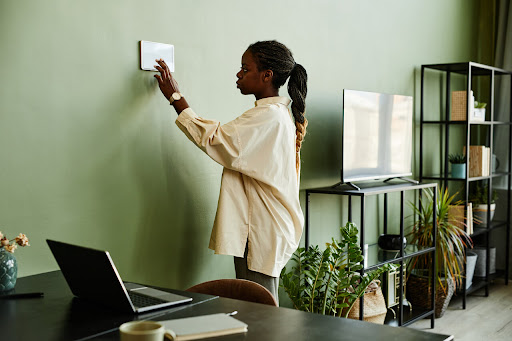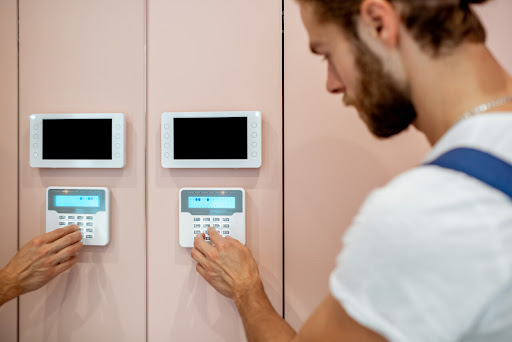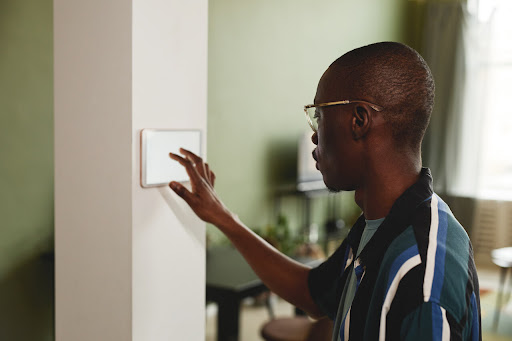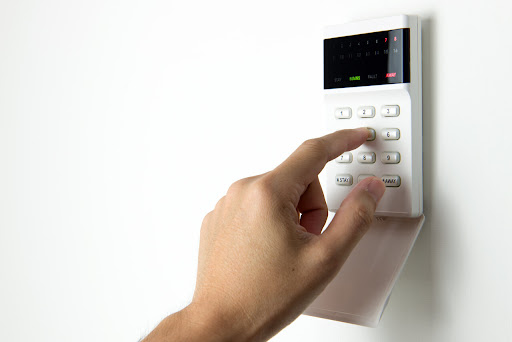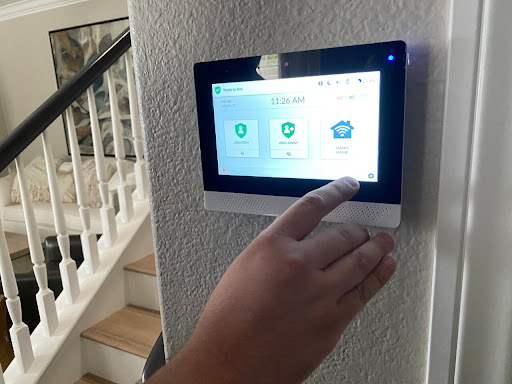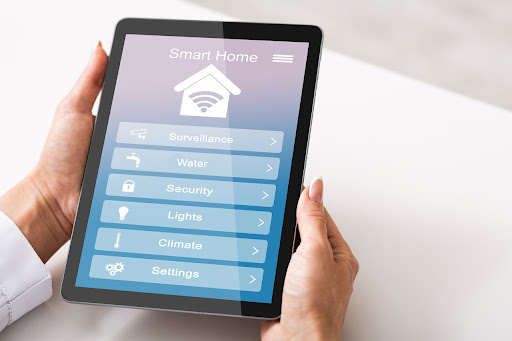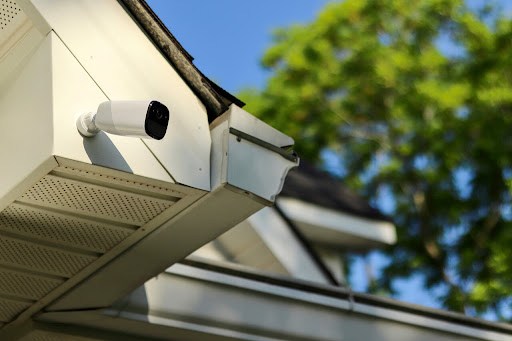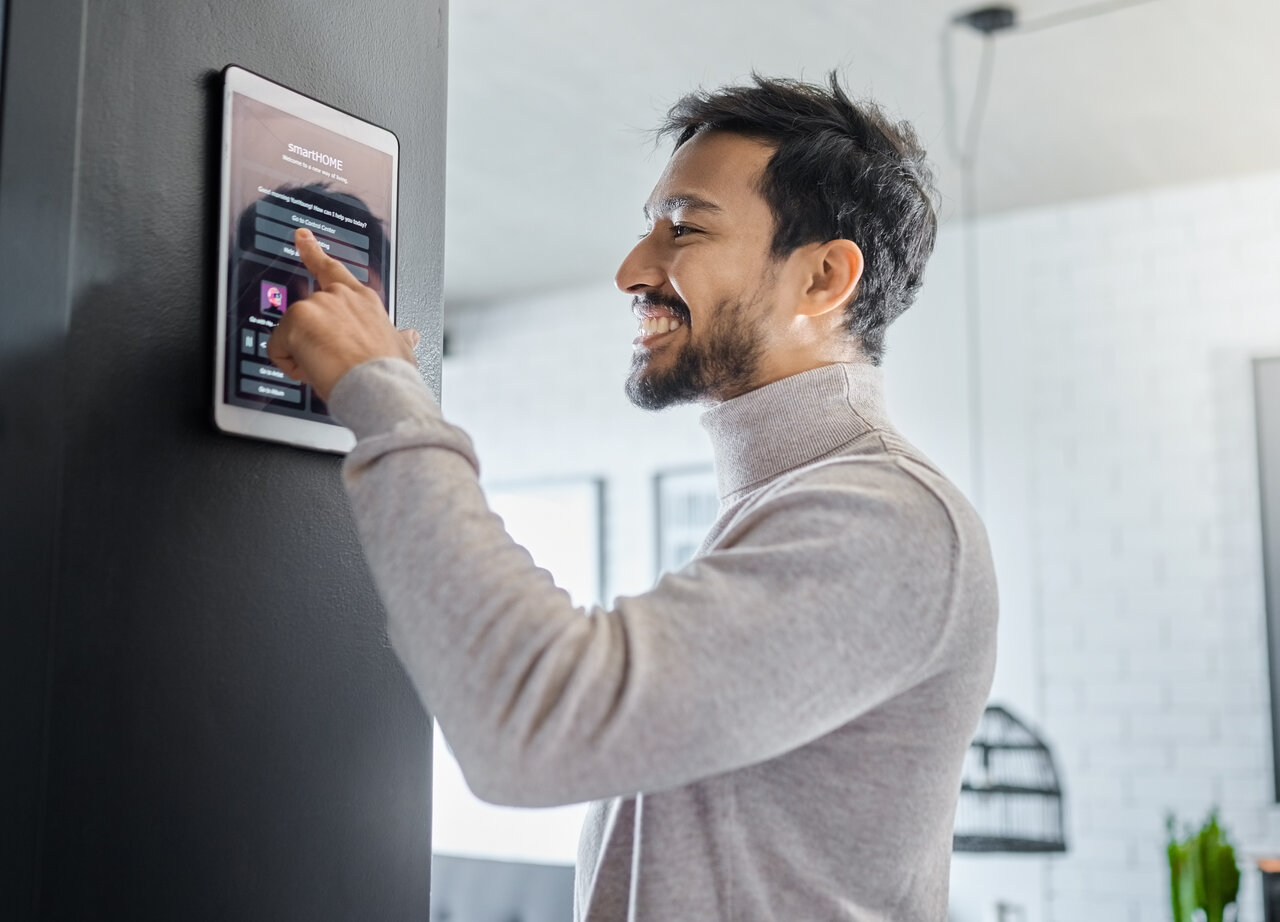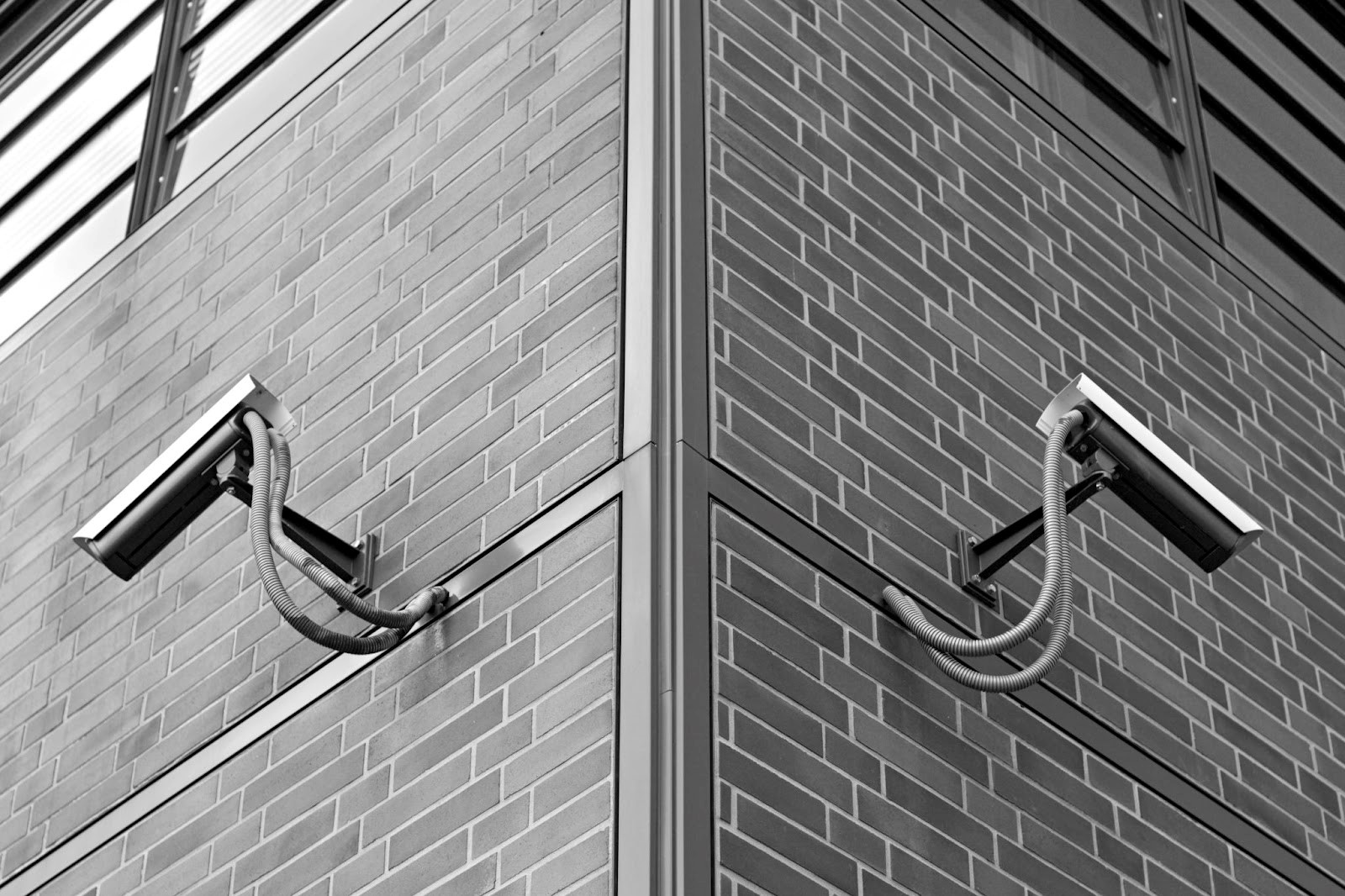
How to Install Commercial Security Systems: A Step-by-Step Guide for Businesses
Sommaire
- Why Do You Need a Security System for Your Business
- Benefits of a Robust Commercial Security System
- Planning Your Commercial Security System Installation
- Choosing the Right Commercial Security System Components
- Security Cameras
- Access Control Systems
- Alarms and Motion Sensors
- Digital Video Recorders (DVRs) and Network Video Recorders (NVRs)
- Additional Safety Features
- Commercial Security System Installation Process in 10 Steps
- DIY Vs Professional Installation: Which is Best?
- Find the Professional Commercial Security System Ideal
A well-installed commercial security system is the backbone of any successful business security plan. Professional installation ensures that every component—from surveillance cameras to alarm systems—is customized to your property’s layout and unique needs.
With expert guidance, you can avoid common pitfalls, maximize system efficiency, and create a secure environment for employees and customers. In this article, we explain the importance of professional commercial security system installation and why it’s the key to protecting your business!
Why Do You Need a Security System for Your Business
Every business faces security challenges, from unauthorized access to potential theft. installing a robust security system helps protect valuable assets, keeps employees and customers safe, and offers peace of mind.
With modern security solutions like surveillance cameras, access control, and real-time monitoring, business owners can stay informed, deter criminal activity, and safeguard their property, creating a secure and trustworthy environment for all.
Benefits of a Robust Commercial Security System
A well-designed security system offers numerous advantages, from deterring criminal activity to enhancing situational awareness. Here are some key benefits of a robust security strategy:
- Real-Time Monitoring: Modern systems allow for 24/7 monitoring, both on-site and remotely, ensuring your business is always under watch.
- Lower Insurance Premiums: Many insurance providers offer discounts for businesses equipped with a professionally installed security system.
- Deterrence of Criminal Activity: Visible security cameras and alarm systems discourage theft, vandalism, and unauthorized entry, making your business a less attractive target.
- Enhanced Employee and Customer Safety: Access control systems and surveillance provide a safe environment, ensuring the well-being of everyone on the premises.
- Quick Emergency Response: Integration with alarm systems and emergency services facilitates faster responses during incidents such as break-ins, fires, or medical emergencies.
- Protection of Valuable Assets:Safeguard physical and digital assets with features like secure access controls and video surveillance.
- Improved Operational Efficiency: Monitor employee activity, streamline access to restricted areas, and identify inefficiencies in operations with advanced monitoring tools
- Regulatory Compliance: Meet industry-specific security requirements, ensuring legal and insurance standards are maintained.
- Evidence Collection: Surveillance footage can provide critical evidence in resolving disputes, addressing claims, or supporting law enforcement.
- Scalability for Growth: Robust systems are adaptable and can be expanded to meet the security demands of your growing business.
The best commercial security solutions
Planning Your Commercial Security System Installation
Before diving into the actual installation, it’s important to assess the specific needs and security goals of the business or property. Building owners and property management teams should work with security professionals to conduct a thorough risk assessment. This helps identify security risks, such as unauthorized access, blind spots, or potential vulnerabilities in commercial buildings.
The planning phase should include:
- Identifying key security areas like entrances, exits, parking lots, and sensitive office spaces.
- Defining security goals for the commercial property, such as monitoring suspicious activity, preventing theft, or limiting unauthorized access.
- Considering legal requirements and compliance standards for security systems in commercial properties, ensuring adherence to local regulations.
a consultation with video security experts is a crucial first step in determining the right equipment for your needs, including motion sensors, security cameras, access control systems, and alarms. During the consultation, experts will also assess whether features like remote access or real-time monitoring are necessary to provide optimal protection and peace of mind.
Choosing the Right Commercial Security System Components
Selecting the right equipment is essential to creating an effective commercial security solution. Business security systems typically include a mix of cameras, access control readers, motion detection, and alarm systems. Here’s a closer look at essential elements to consider:
Security Cameras
the Commercial security cameras are available in several types, including analog cameras, IP cameras, and wireless cameras, each suited for specific security needs. Modern systems often feature outdoor security cameras equipped with advanced capabilities such as night vision, weather resistance, and high-definition imaging to ensure reliable surveillance in any conditions.
Properly installed systems should eliminate blind spots by strategically placing cameras to cover critical areas, including business entry points, parking lots, and other vulnerable zones, ensuring comprehensive protection for your property.
Access Control Systems
Access control is essential for preventing unauthorized access to sensitive areas within a building. Security experts advise installing access control readers at key entry points, ensuring that only authorized personnel can gain entry. Modern access control systems often include remote management capabilities, allowing security teams to monitor and control access in real time through mobile devices. This added flexibility enhances overall security and streamlines the management of entry points.
Alarms and Motion Sensors
the Commercial alarm systems are critical for effective intrusion detection and safeguarding valuable assets. A professionally installed alarm system should provide comprehensive coverage, particularly at entry points and areas housing sensitive equipment or data.
By integrating motion sensors with alarm monitoring services, these systems can detect unauthorized movement and immediately trigger alerts, notifying property owners or security personnel of potential security breaches. This proactive approach enhances the overall security posture of any commercial property.
Digital Video Recorders (DVRs) and Network Video Recorders (NVRs)
DVRs (Digital Video Recorders) and NVRs (Network Video Recorders) are essential for storing video footage captured by security cameras, but they are designed for different types of systems. DVRs are commonly used with analog cameras, processing video signals directly through coaxial cables.
In contrast, NVRs work with IP cameras, utilizing a network connection to receive and store digital video data. For businesses focusing on advanced features like video analytics, high-resolution imaging, and remote monitoring, NVRs are the preferred choice due to their superior network connectivity and support for modern camera technologies.
Additional Safety Features
Incorporating additional safety features into a commercial security system enhances protection against a wide range of risks beyond unauthorized access. Life safety devices, such as smoke and carbon monoxide detectors, provide critical early warnings in the event of fires or gas leaks, ensuring the safety of occupants and reducing potential damage.
These devices are essential for comprehensive risk management and regulatory compliance, making them a valuable addition to any business security strategy. Beyond safety, integrating smart technologies like smart thermostats and water leak detectors offers both protection and efficiency.
10 reasons your business needs video surveillance
Commercial Security System Installation Process in 10 Steps
- Initial Consultation and Site Assessment: the Security experts visit your property to assess vulnerabilities, understand your specific needs, and recommend tailored solutions.
- Equipment Selection: The appropriate devices, such as cameras, sensors, and control panels, are chosen to meet your security requirements and budget.
- Wiring and Cabling Setup: For systems requiring hardwired connections, cables are installed and routed to ensure seamless connectivity and reliability.
- Device Installation: Cameras, sensors, and other components are mounted and positioned strategically to cover critical areas without blind spots.
- System Integration: All components, including cameras, alarms, and access controls, are connected and integrated into a unified platform for centralized management.
- Configuration and Testing: The system is configured to meet your operational preferences, and rigorous testing is conducted to ensure functionality and coverage
- User Training and Support: The installation team provides training on using and managing the system, along with ongoing support for troubleshooting and maintenance.
- Ongoing Monitoring Setup (if applicable): Remote monitoring services are activated to provide real-time alerts and continuous surveillance.
- Final Walkthrough and Handover: A comprehensive walkthrough ensures the system meets all specifications, and documentation is handed over to the property owner.
- Final Walkthrough and Handover: A comprehensive walkthrough ensures the system meets all specifications, and documentation is handed over to the property owner.
How to install security cameras
DIY Vs Professional Installation: Which is Best?
While DIY security system installation may seem cost-effective, professional installation offers far greater reliability and expertise. Security system installers ensure each component, from cameras to access control, is properly positioned and integrated for optimal coverage.
With professional installation, you also gain access to advanced features and technical support, reducing false alarms and ensuring your system runs smoothly. For robust, long-term protection, professional installation is the best choice.
Find the Professional Commercial Security System Ideal
At Sting Security, we offer comprehensive commercial security systems designed to protect your business from every angle. Our advanced systems provide 24/7 monitoring and robust physical security, safeguarding your premises around the clock.
With high-definition video surveillance featuring video analytics, we deliver clear insights and reliable monitoring, perfect for high-traffic areas. Our access control systems offer secure, customizable entry options, including biometric authentication and remote management, ensuring only authorized individuals gain access.





